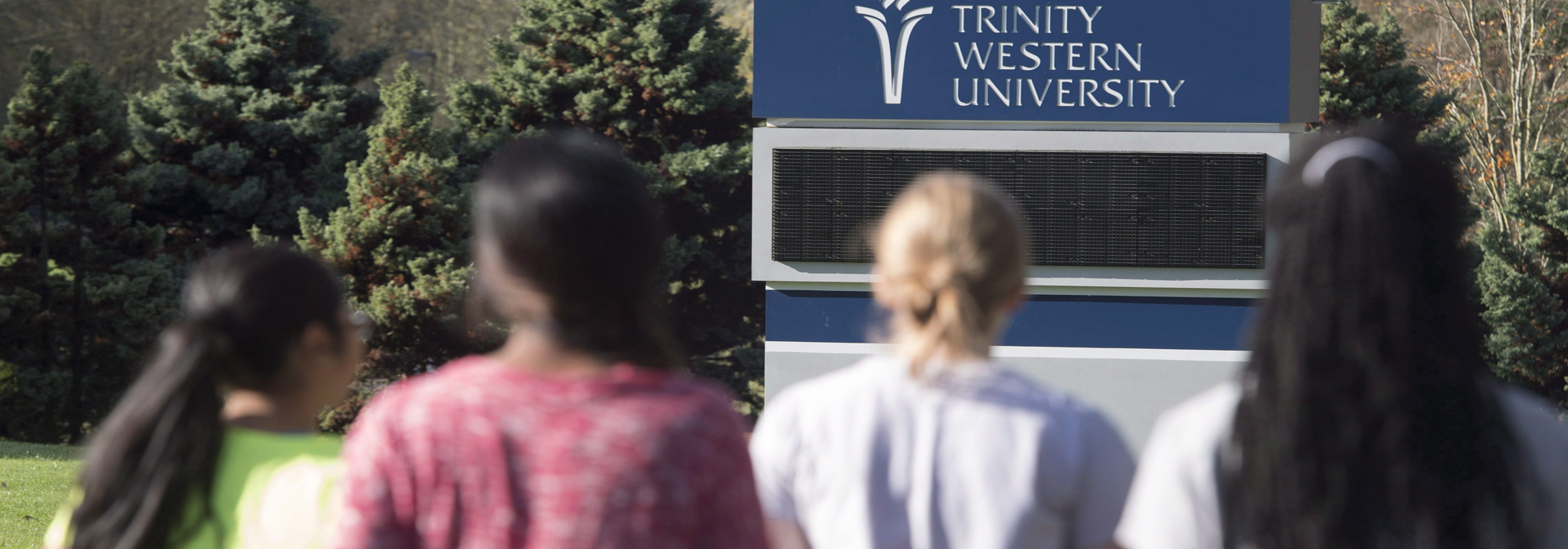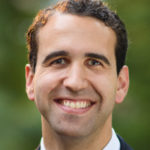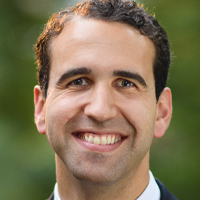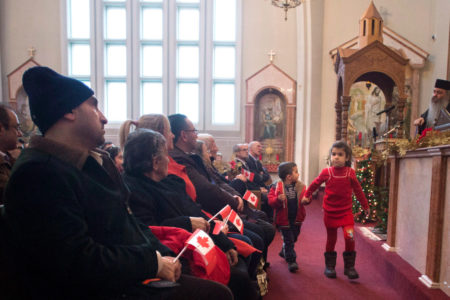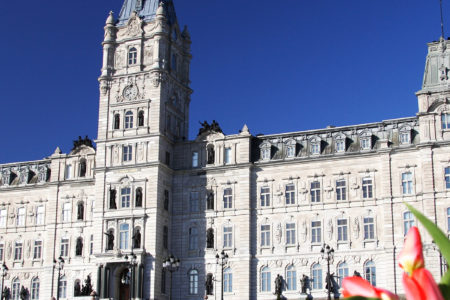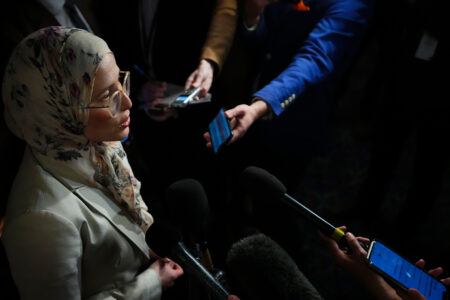
The recent decision by British Columbia’s highest court to protect the right of Trinity Western University to operate a law school was the last of the provincial judicial rulings in this legal dispute. A decision by the Supreme Court of Canada, however, may prove to be Trinity’s ultimate undoing — and that would be a shame.
The private Christian university in British Columbia wants to open a law school. Citing the public interest, the regulators of the legal profession in British Columbia, Ontario, and Nova Scotia refused to license Trinity’s law graduates because of a clause in the Community in Covenant agreement that all Trinity students must sign. The clause prohibits “sexual intimacy that violates the sacredness of marriage between a man and a woman.” The dispute boils down to a delicate balancing act under the Charter of Rights and Freedoms between Trinity’s religious freedom and the equality rights of LGBTQ persons who might want to study law at Trinity.
Trinity has won in Nova Scotia and British Columbia but has lost in Ontario. The Nova Scotia Barristers’ Society will not appeal to the Supreme Court, but Trinity intends to appeal the Ontario decision and the Law Society of British Columbia will appeal its defeat. The dispute seems destined for Canada’s top court.
A loss there would likely put other degree programs at Trinity at risk, starting with education and nursing. These programs too implicate a public regulator that accredits degree programs on the basis of which graduates may be licensed to work in these fields. How will these programs escape a ruling against Trinity’s law school? In British Columbia, the public regulators of these professions must carry out their mandate with the public interest in mind.
(Such an outcome would effectively overturn a 2001 decision by the Supreme Court upholding Trinity’s education program. That decision resolved a legal dispute over essentially the same clause that is at issue in the law school litigation.)
But why stop at degrees that implicate a public regulator? If Trinity’s law school is denied because a law degree must be offered without regard to a student’s sexual orientation, why should it matter that the degree is in law, history, biology or business? To say that the sexual intimacy clause can continue to apply to programs at Trinity other than law mistakenly puts legal education on a pedestal above other academic disciplines.
Aside from the loss of a reputable institution with 24,000 alumni, Trinity’s demise would mark a significant dilution of freedom of religion and association in Canada. What does it mean if a private, self-funded, faith-based university cannot maintain a campus environment that reflects its faith through a code of conduct accepted by its students? It means that these fundamental freedoms (as the Charter terms them) are anything but fundamental.
Trinity is not merely a university. It is first and foremost a community of faith. And the covenant is not just a code of conduct. The five-page document is, in many respects, a profession of faith. It is no secret that Trinity has a target audience. Trinity exists for this audience. As the Supreme Court noted in the 2001 decision, Trinity “is not for everybody.”
Not surprisingly, individuals who don’t share Trinity’s worldview usually don’t join this community. Opponents of Trinity’s law school reject this approach. They demand that Trinity abandon an aspect of its worldview that makes attending Trinity unpalatable to them. The wish of LGBTQ persons for inclusion springs from a painful history of exclusion, but granting their wish in this case would mean not striking a proper balance with the other interests at stake. They are asking Trinity to fundamentally alter its identity to accommodate theirs. While the same charge could be laid against Trinity vis-à-vis LGBTQ students who might wish to study there, the crucial difference is that attending Trinity is a choice — for everyone, regardless of sexual orientation, religion or any other identity-conferring characteristic.
Silencing expressions of fundamental rights that offend some is a way to avoid the messiness of a diverse, democratic society, but it makes a society less free by eroding rights and less democratic by stifling principled debate.
Silencing expressions of fundamental rights that offend some — or even the majority — is a way to avoid the messiness of a diverse, democratic society. It may even feel right if you are one of the offended. But this approach makes a society less free by eroding the rights behind these expressions, and less democratic by imposing views and stifling principled debate.
As British Columbia’s highest court pointed out, suppressing viewpoints with which we disagree or that we find offensive in the name of tolerance and liberalism is a contradiction in terms. The fate of Trinity’s law school (and possibly Trinity itself) depends on the sincerity of our commitment to accommodate difference – even when most of us passionately oppose the difference that seeks accommodation. This commitment is, for better or for worse, a pillar of the “free and democratic society” that the Charter declares Canada to be.
Supreme Court rulings often have effects beyond the legal dispute at hand. This case is a prime example of this. Should the Court deny Trinity’s law school, this may herald both the end of Trinity and a shift towards a society that is ultimately less free and less democratic.
Photo: Jonathan Hayward/The Canadian Press
Do you have something to say about the article you just read? Be part of the Policy Options discussion, and send in your own submission. Here is a link on how to do it. | Souhaitez-vous réagir à cet article ? Joignez-vous aux débats d’Options politiques et soumettez-nous votre texte en suivant ces directives.



